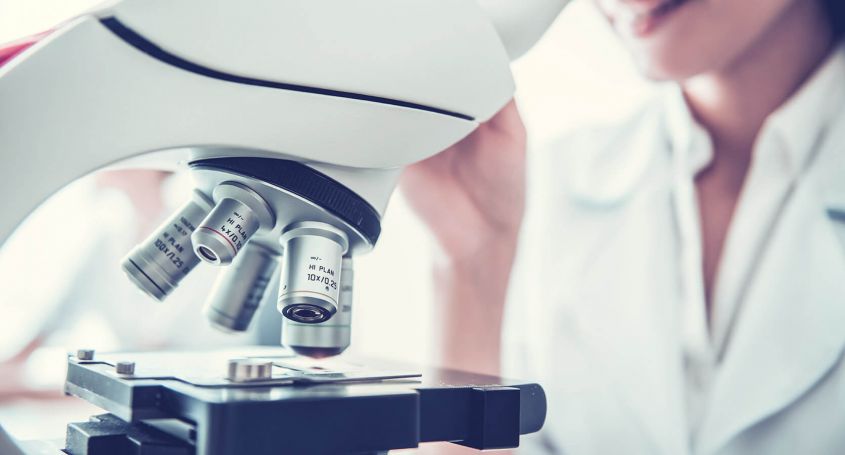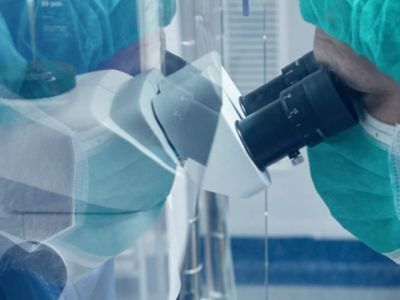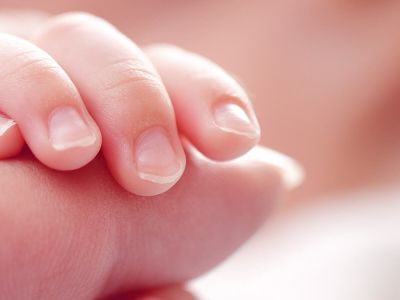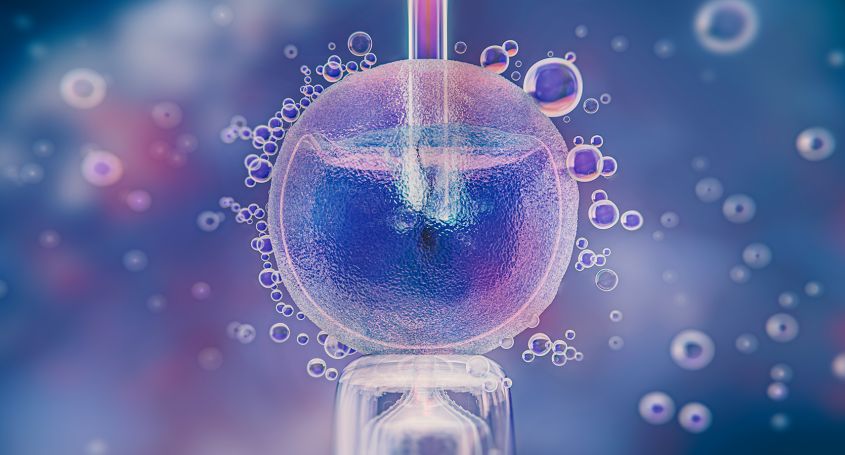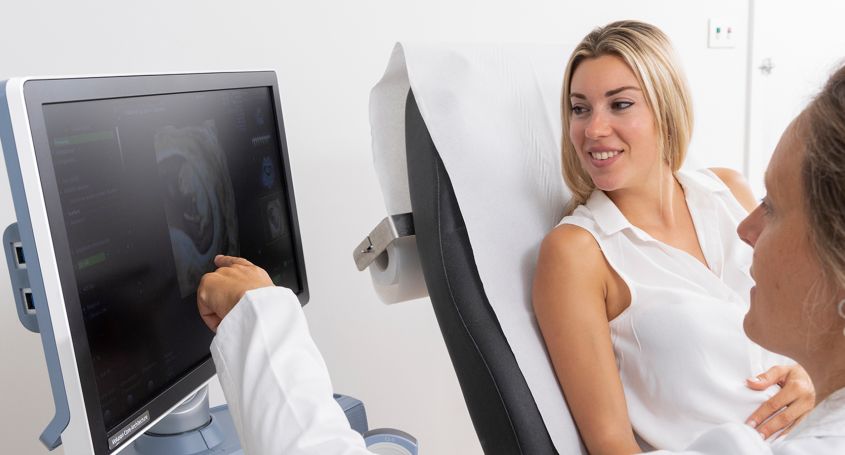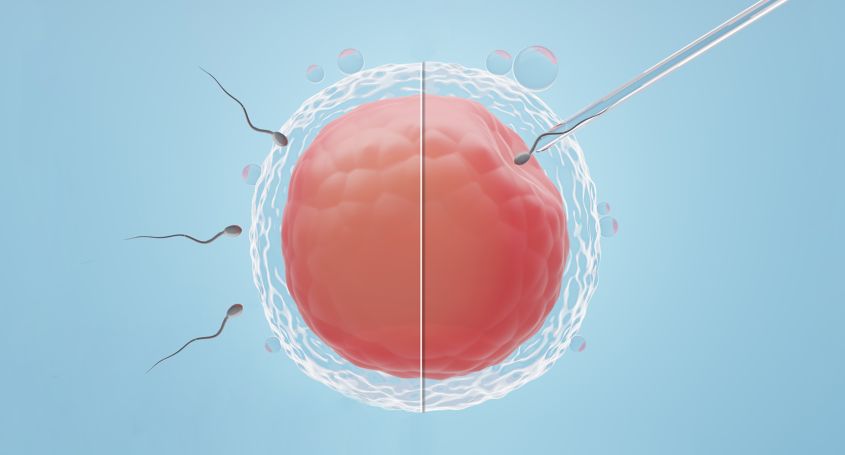When a baby is born we always wonder who it looks like. Your genetic endowment will largely determine your physique and also your character, but maternal-fetal communication is also important.
The genes
The genes, present in each one of the cells of our organism, are those that determine our physiognomy and even, to a certain extent, our abilities and character. The genetic endowment of each person is the combination of genes that we have inherited from the father and the mother. Each egg and each sperm carry a combinatorial of parental genes that, when coming together in the future embryo, create a unique being. That is why brothers, even if they look alike, will never be the same.
Two mothers
A couple of homosexual women can have a child thanks to conventional assisted reproduction techniques, either artificial insemination with donor sperm or in vitro fertilization (the mother will have to undergo an ovarian stimulation in order to obtain the eggs which will be fertilized with the sperm of a donor). However, with these standard techniques, one of the mothers was always left out of the entire process.
RIVF
RIVF is the acronym for"Reciprocal In Vitro Fertilization". The RIVF method consists of an assisted reproductive treatment that allows female partners to share motherhood. In this process, one of the mothers, after undergoing an ovarian stimulation process, will provide the oocytes that will be inseminated with donor sperm. Once the embryos are obtained, one of them will be transferred to the uterus of the other mother to gestate it. Therefore, one will be the genetic mother when she provides the ovum and the other will be the biological mother, when she carries the baby in her womb.
As it is a donation of eggs from a non-anonymous donor, the Assisted Reproduction Law 14/2006 requires both mothers to be married. That way, the donor will be legally recognized as the genetic mother.
Epigenetics
Epigenetics are heritable changes in gene expression that do not respond to changes in the DNA sequence. That is, not all genes are expressed in the same way during the formation of the baby, some can be activated or deactivated depending on the conditions of pregnancy. The diet, the stress level, physical activity or obesity of the pregnant mother have been proved to affect the expression of the genes of the fetus. Thus, intrauterine communication between mother and fetus can alter the expression of the latter's genes, and in the case of being only a biological mother, the fetus may also have some of it.
Thus, in shared motherhood, the future baby will have something unique from each of their mothers.
